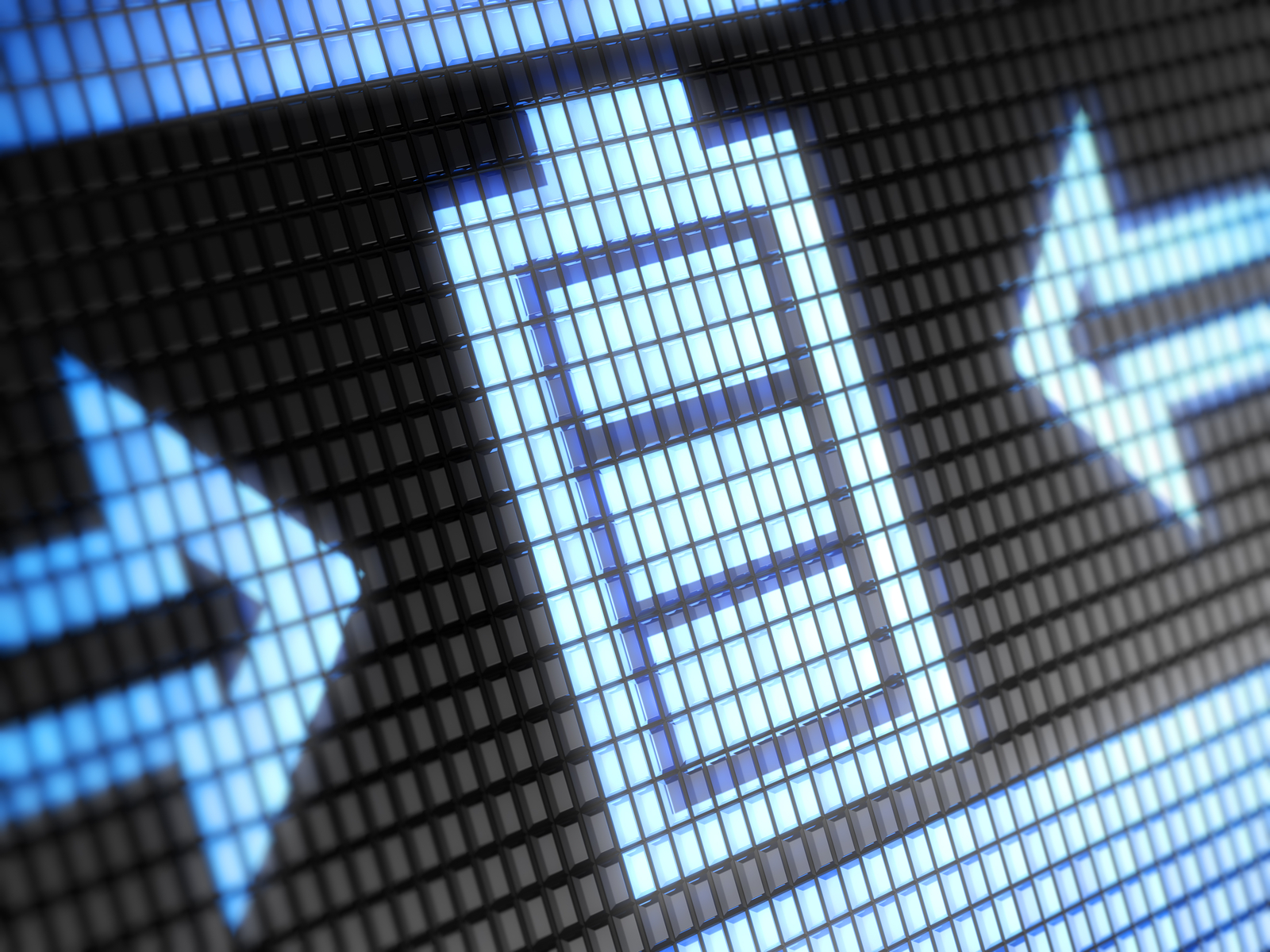 A new development in electrolyte chemistry, led by ECS member Shirley Meng, is expanding lithium-ion battery performance, allowing devices to operate at temperatures as low as -60° Celsius.
A new development in electrolyte chemistry, led by ECS member Shirley Meng, is expanding lithium-ion battery performance, allowing devices to operate at temperatures as low as -60° Celsius.
Currently, lithium-ion batteries stop operating around -20° Celsius. By developing an electrolyte that allows the battery to operate at a high efficiency at a much colder temperature, researchers believe it could allow electric vehicles in cold climates to travel further on a single charge. Additionally, the technology could allow battery-powered devices, such as WiFi drones, to function in extreme cold conditions.
(MORE: Read ECS’s interview with Meng, “The Future of Batteries.”)
This from UC San Diego:
The new electrolytes also enable electrochemical capacitors to run as low as -80 degrees Celsius — their current low temperature limit is -40 degrees Celsius. While the technology enables extreme low temperature operation, high performance at room temperature is still maintained. The new electrolyte chemistry could also increase the energy density and improve the safety of lithium batteries and electrochemical capacitors.
“Deep de-carbonization hinges on the breakthroughs in energy storage technologies. Better batteries are needed to make electric cars with improved performance-to-cost ratios,” says Meng, nanoengineering professor at the UC San Diego Jacobs School of Engineering. “And once the temperature range for batteries, ultra-capacitors and their hybrids is widened, these electrochemical energy storage technologies can be adopted in many more emerging markets. This work shows a promising pathway and I think the success of this unconventional approach can inspire more scientists and researchers to explore the unknown territories in this research area.”


